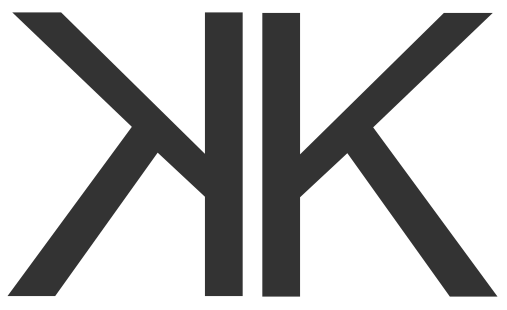
Konrad Kollnig is a technologist and law professor who leads the Comp4Good initiative, an interdisciplinary research team dedicated to designing and governing digital technologies for social good. He particularly focuses on the future of AI regulation (in leading the RegTech4AI project), the impact of online platforms on society (in the co-leading the CoCoDa project across the UK, Switzerland and the EU), and competition and resilience in digital infrastructure (in his latest book).
He has the honour of working with a team of outstanding young researchers:
He is assistant professor at the Law & Tech Lab of Maastricht University’s Law Faculty, a leading university for EU law. He holds a PhD and MSc (Distinction) in Computer Science from the University of Oxford, and a BSc (Distinction, Top of Class) in Computer Science and Mathematics from RWTH Aachen. His PhD thesis pioneered the large-scale analysis of privacy law compliance and received the Stefano Rodotà Award 2024 of the Council of Europe — the most prestigious award in his field of research, awarded to one PhD thesis annually.
His work has been published in leading academic venues, like PETS, FAccT, SOUPS, and the Internet Policy Review. His research has been covered by Forbes, Wired, Vox, Der Standard, New Scientist, La Stampa, Le Temps, TechCrunch, and other international media. He’s been selected for the award of the Future of Privacy Forum for the Best Student Privacy Paper for Policymakers 2022, and for the Best Paper Award of ConPro’23. Konrad led the winning team in the United Nations Privacy Competition 2022, ahead of 195 other teams worldwide, including from Harvard, ETH Zurich, and U Toronto. His work has been cited in various policy documents, including those by the European Union, the OECD, the Nordic Council, the US Federal Trade Commission, the Bundeskartellamt, the UK Competition and Markets Authority, and the Italian data protection authority.
Konrad is the creator of TrackerControl, which is an Android privacy app with 200,000+ downloads. The app exposes hidden data flows from apps to companies. It is available in 23 languages thanks to the help of the TrackerControl community.
Contact details (including LinkedIn and Email) are in the icons below. If you ever need to, feel free to copy and change as much text of this research profile as you want.
